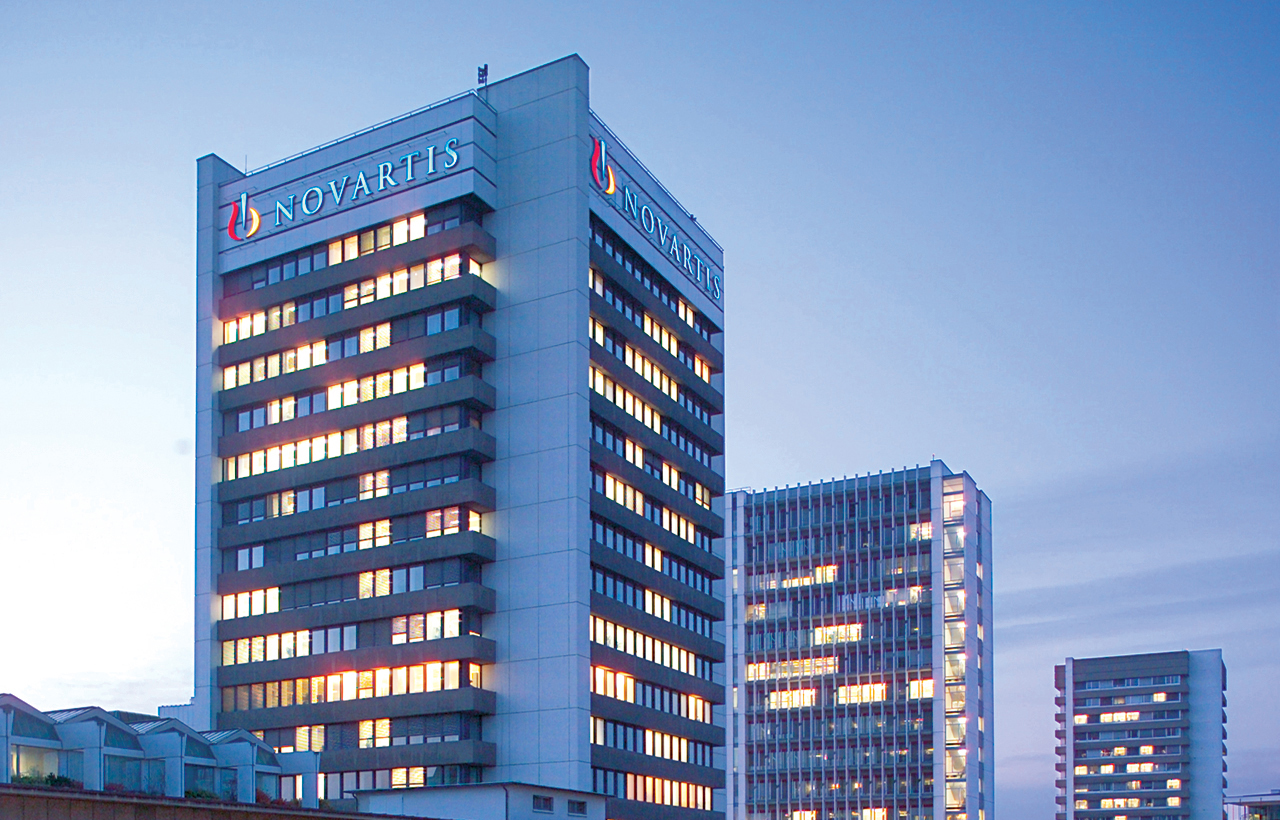
Novartis unveiled new study results on Monday for its multiple sclerosis treatment Gilenya at the annual American Academy of Neurology meeting taking place in Washington D.C.
Gilenya is an oral disease modifying therapy aimed at controlling disease activity in RRMS, which is the most common form of the condition characterized by clearly defined attacks of new or increasing neurological symptoms followed by periods of partial or complete recovery.
Investigators performed a multicenter study evaluating Gilenya’s efficacy with 590 people diagnosed with relapse remitting multiple sclerosis (RRMS) for up to 16 months.
The goal of the study was to confirm the therapy’s real-world impact on four key measures of disease activity including relapses, MRI lesions, disability progression, and brain shrinkage.
READ MORE: Biogen Presents New Neurology Drug Data at AAN 2017
Results from the trial indicated more than 75 percent of patients taking Gilenya either exhibited no relapses, no new or enlarged MRI lesions, or no signs of disability progression, according to the announcement.
Furthermore, an estimated 58 percent of the patients displayed brain shrinkage levels that were broadly within the range expected for people without MS.
“These data build on the wealth of clinical and real-world evidence that show Gilenya is a highly efficacious, long-term treatment option for controlling disease activity in relapsing MS,” said Novartis’s Vas Narasimhan, the Global Head of Drug Development and Chief Medical Officer.
“Measuring brain shrinkage has historically been dependent on specialist brain scanning techniques. These ground-breaking new data showing brain shrinkage can be reliably measured by routine MRI scans have the potential to change how this key measure of disease progression is monitored, to ultimately help patients and physicians observe and manage treatment success and outcomes,” continued Narasimhan.
Gilenya gained approval in the U.S. as a first-line treatment for RRMS. The EU granted approval to the drug for adult patients with highly-active RRMS, per Novartis’s announcement.
Novartis has other assets in its multiple sclerosis portfolio including its experimental candidate labeled BAF312.
The company said on Tuesday it would accelerate its bid to win approval by submitting an application in the first half of 2018 for patients with RRMS instead of seeking regulatory approval the following year, reported Reuters.
Filed Under: Drug Discovery



